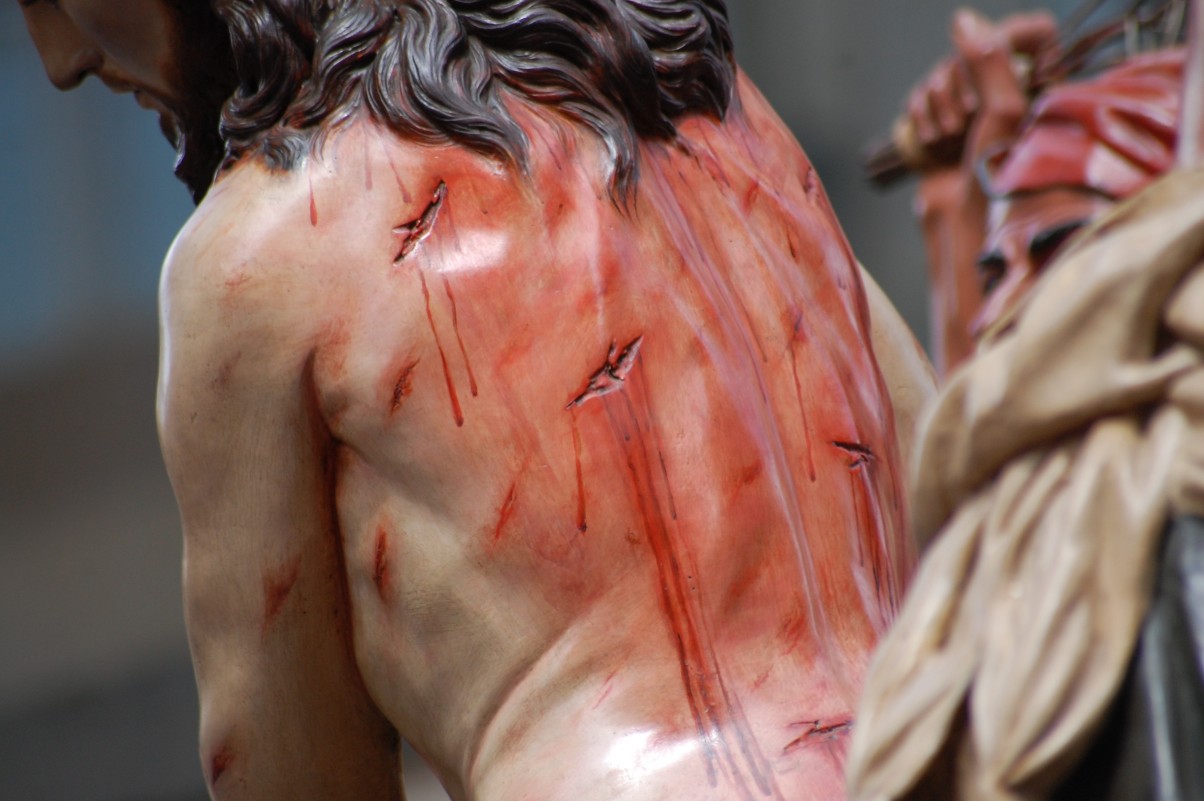Today’s Gospel is Matthew 6:7-15. The disciples, those men and women who followed Jesus as He went about teaching and healing, hear His teaching on how to pray.
Keep in mind that these Jews lived a life prescribed by law: God’s law for His people. The food they ate, how it was prepared, what they wore, how and when they prayed were all spelled out for them. Yet here was this man, Jesus, who seemed to be turning everything they knew on its head. He tells them to quietly be generous, not to make “a scene” when they pray, but to go to their room and address God secretly.
Then Jesus tells them this:
“This is how you are to pray:
Our Father in heaven,
hallowed be your name,
your kingdom come,
your will be done,
on earth as in heaven.
Give us today our daily bread;
and forgive us our debts,
as we forgive our debtors;
and do not subject us to the final test,
but deliver us from the evil one. If you forgive others their transgressions, your heavenly Father will forgive you.
But if you do not forgive others, neither will your Father forgive your transgressions.” (Mt. 6:9-15)
This prayer is so familiar to most of us that it is tempting to merely skim through it. Many of us have said this prayer countless times in our lives. We know it “by heart.”
But is it on our heart? Is it etched into the very core of our being? Just before this passage, Jesus tells His followers not to rattle off prayers thoughtlessly, babbling away.
It’s not simply the words Jesus is teaching us to pray – it is how to pray. We are not to have a prayer life ruled by law after law after law. Rather, our prayer is about relationship. We are not begging for favors from a god of rain, or a god of harvest, or a god of fertility. No, we pray to Our Father: a Father who knows what we need before we even ask. We pray to a Father who provides for our most basic needs but also protects us from the fiercest evil. We pray to a Father who forgives.
Today, take some time to truly pray to Our Father. Don’t rush the words – pray them. Talk to your Father; He waits for you with tenderness and love.



